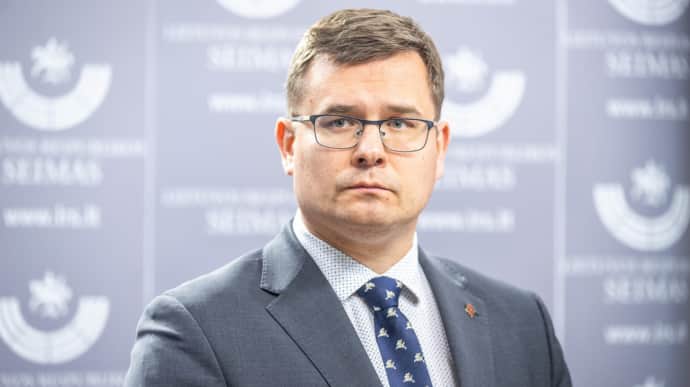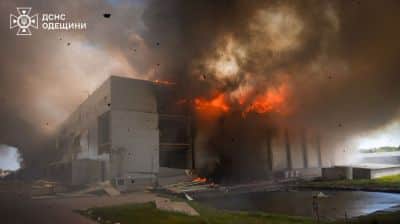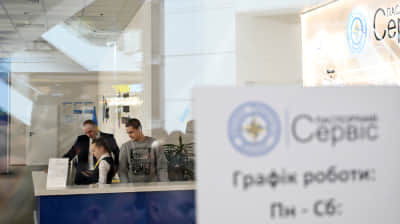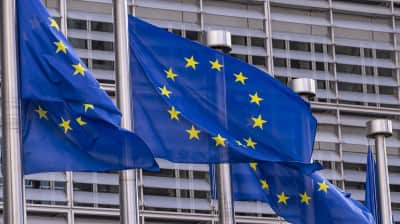Lithuanian Defence Minister believes NATO underestimated Kremlin's adaptability

Lithuania's Minister of Defence, Laurynas Kasčiūnas, believes that Russia has managed to adapt to sanctions, while the North Atlantic Alliance has underestimated its ability to do so.
Source: European Pravda, citing Lithuanian public broadcaster LRT
Details: Laurynas Kasčiūnas emphasised that "the starting point for the new NATO summit should be the Russian military threat." The minister said the alliance "underestimated the Kremlin's ability to adapt to the situation."
Quote: "Despite sanctions, Moscow has moved its economy to a war footing because, under an authoritarian regime, it doesn't have to worry much about the social welfare of its society," explained the Lithuanian minister.
This error and underestimation arose because, during attempts to "understand the opponent – Russia – the USA and Europe proceeded from the fact that they applied a Western approach and criteria in assessing its strategy", Kasčiūnas said.
"Russia's lack of responsibility for its society and harsh management of its own mobilisation potential," which, according to the official, could reach 25 million people, "makes Russia one of the most dangerous adversaries that the alliance must confront in the near future."
Regarding this and other threats to allied countries, "NATO needs to change a lot in its work," Kasčiūnas is convinced. Firstly, in the opinion of the Lithuanian minister, a "stage of building a more flexible response and containment system has been reached on the eastern flank, which requires giving more powers to the Alliance’s regional forces."
Secondly, the Lithuanian minister clearly states that "the increase in defence spending of up to 2% is only the lower limit, and it will be increased."
Thirdly, NATO countries must seriously "modernise and strengthen their armed forces", and fourthly, they should start "considering Ukraine as an instrument for deterring aggression directed against Europe and the West" and, therefore, as "an element of Euro-Atlantic security and unity" and ultimately "resolve the issue of Ukraine's membership in NATO," the Lithuanian minister is convinced.
Finally, in his opinion, there is another point that "requires a collective political approach": NATO should "stop considering confrontation with Russia within the paradigm of 'Escalation-De-escalation'".
"Since the Kremlin only understands force, we need to develop a system of active defence that does not allow Moscow to threaten escalation of the conflict," said the Lithuanian Minister of Defence.
Background:
- UK Foreign Secretary David Cameron expressed a warning about French President Emmanuel Macron's idea to consider sending NATO troops to Ukraine in the event of a theoretical breakthrough by Russian forces.
- Emmanuel Macron admitted that he had invited Western countries to send their troops to Ukraine at the end of February 2024 after a meeting in Paris between the presidents and heads of government of about two dozen European countries.
- He recently confirmed that he has not changed his mind and considers this approach to be right.
Support UP or become our patron!







